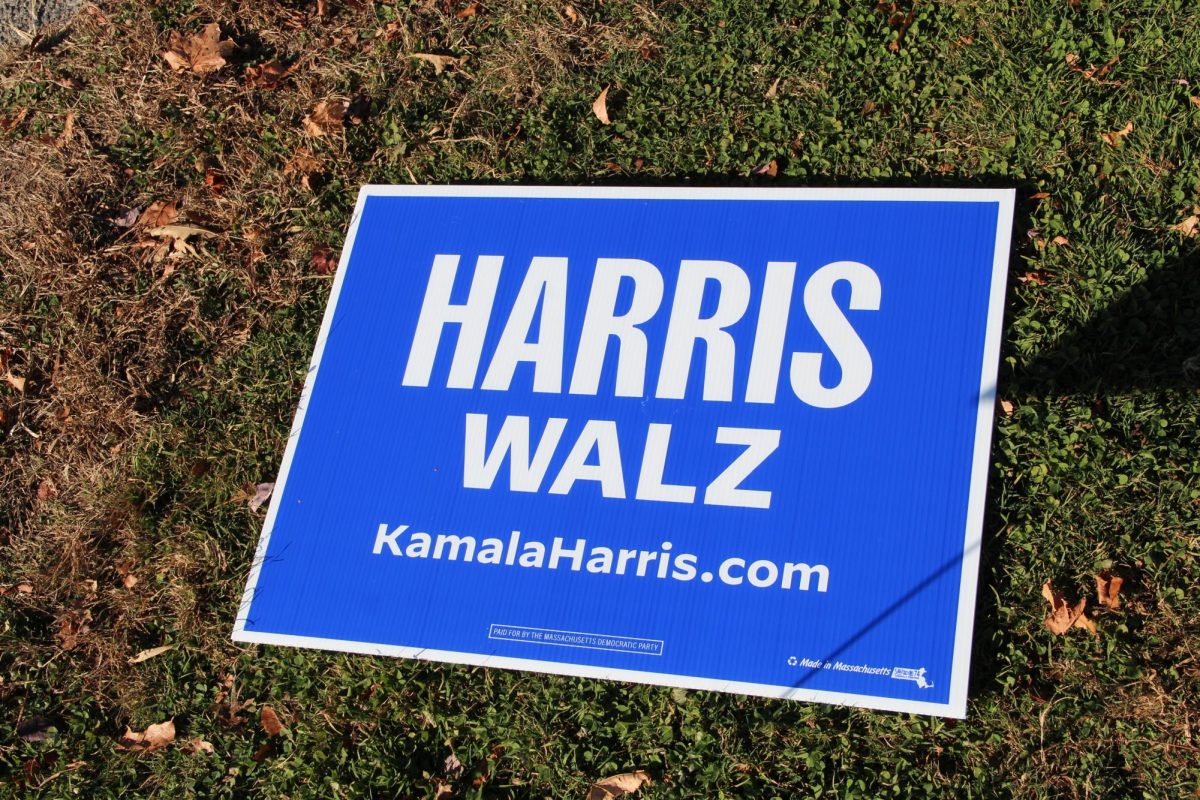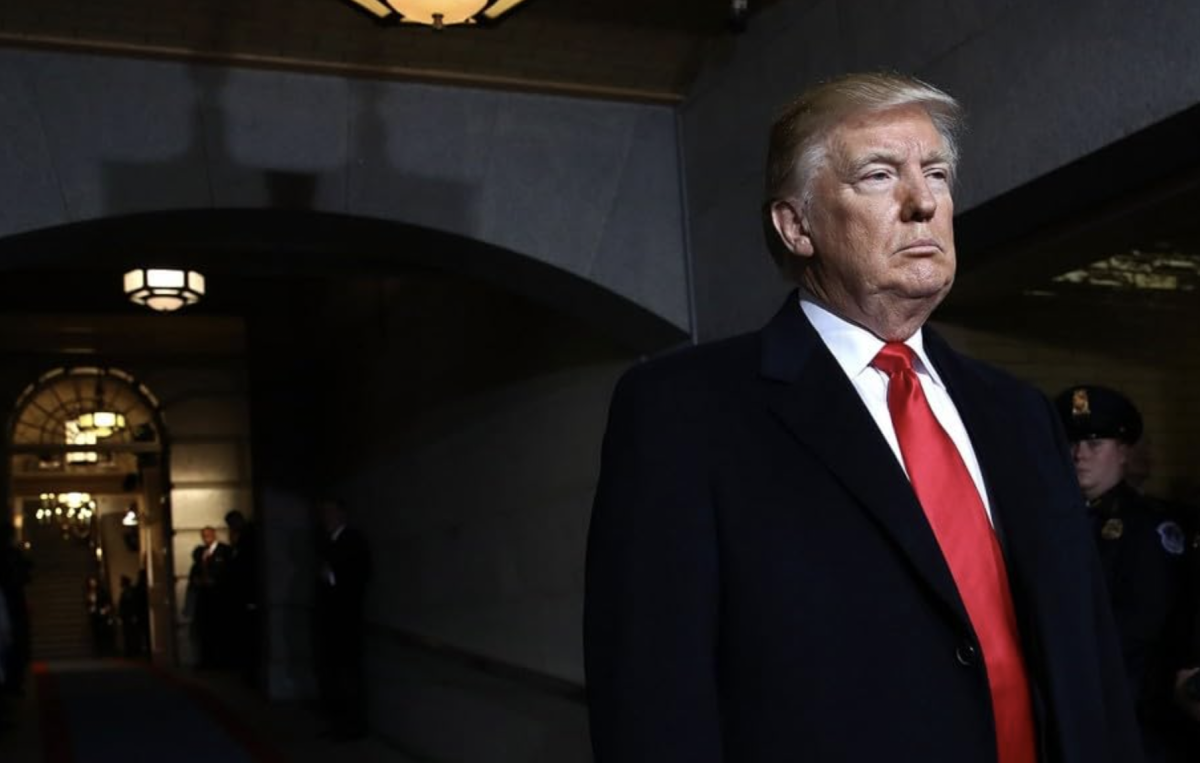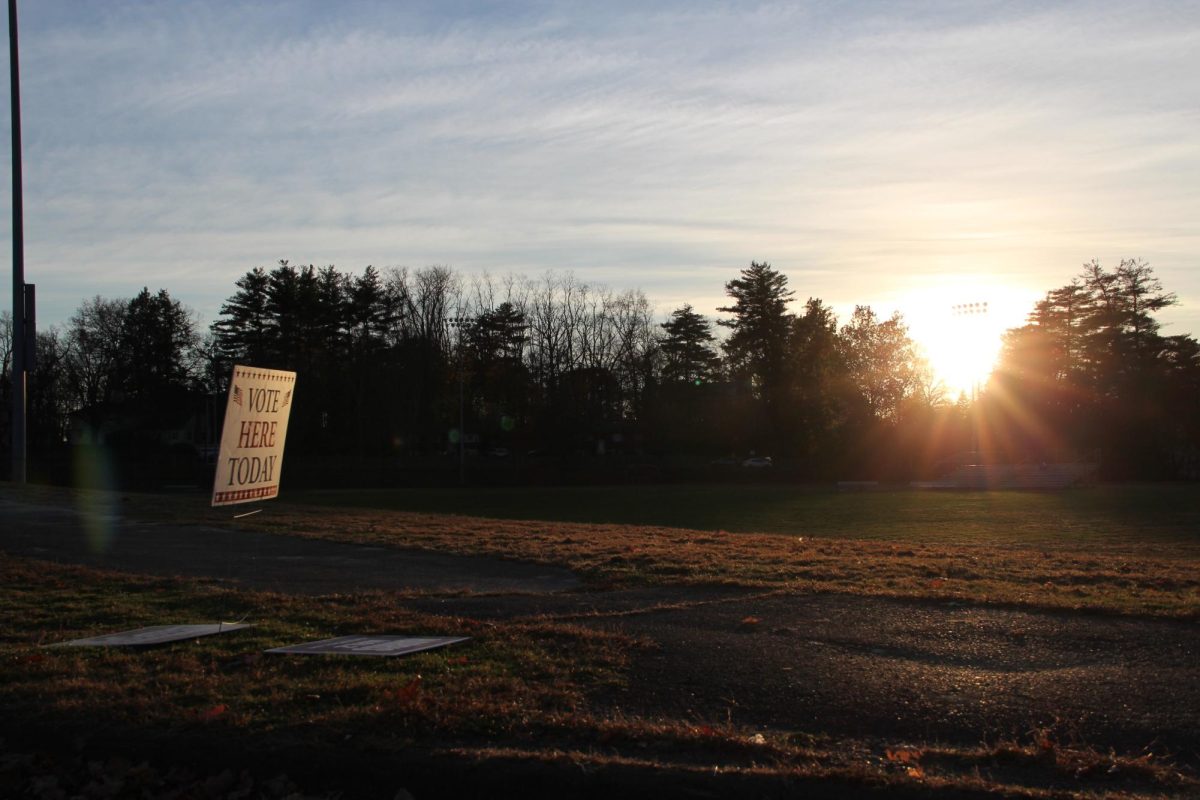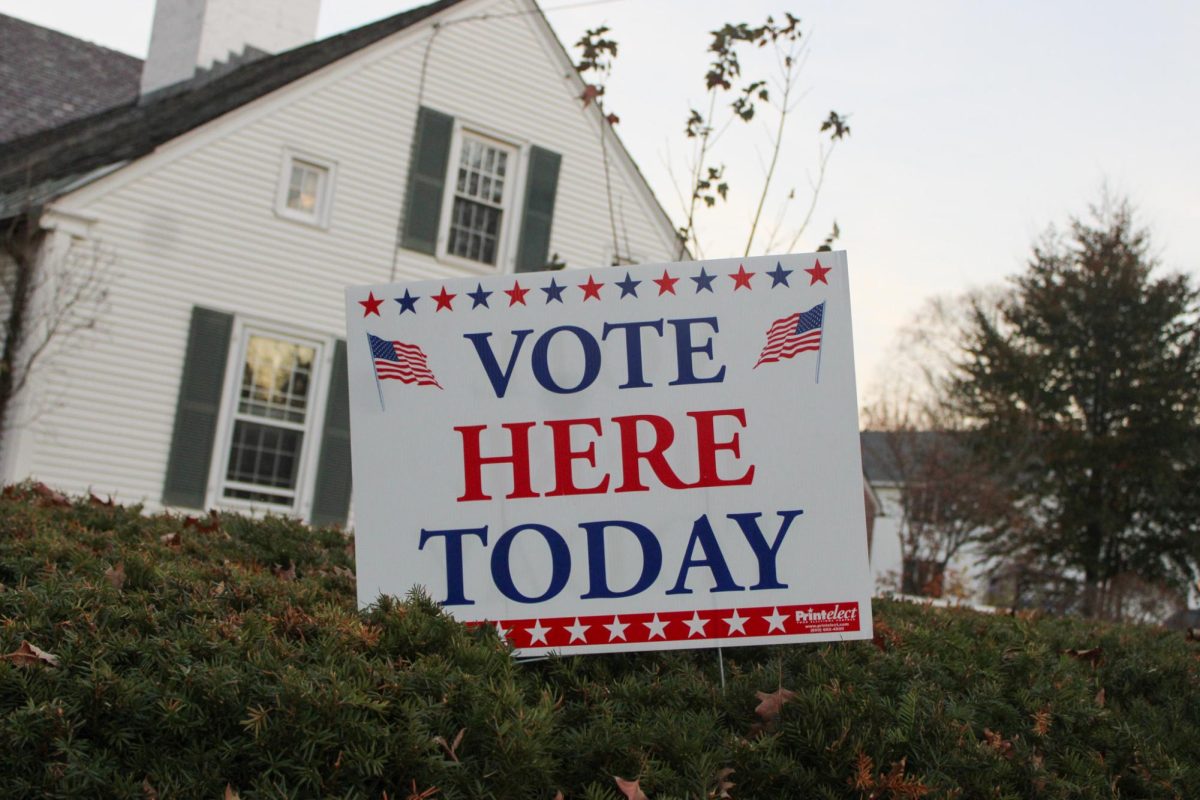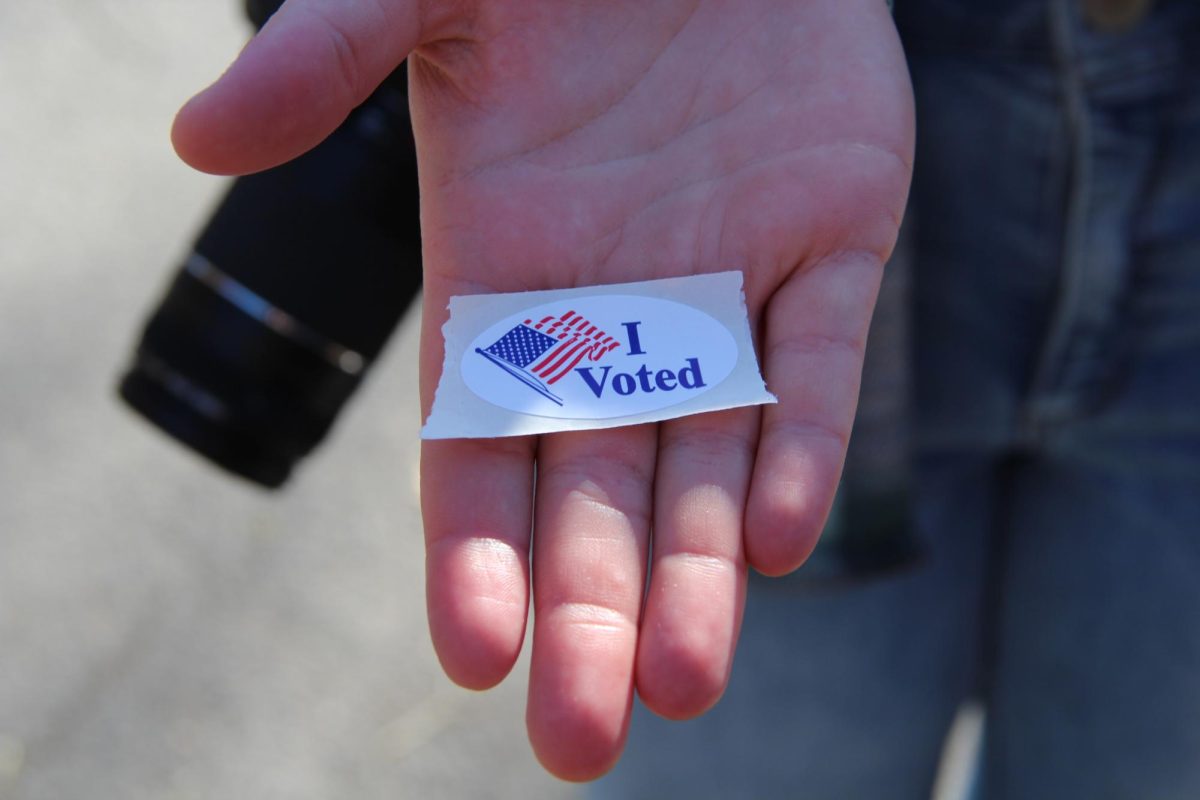One of the most talked about political ads of the 2024 presidential campaign was created and co-produced by Dode B. Levenson, University of Massachusetts class of 1987 and former Massachusetts Daily Collegian editor-in-chief. The ads, which feature explicitly gendered themes, have sparked a national conversation about privacy in the voting booth.
The first ad, which features a voice-over by Academy Award-winning actress Julia Roberts, is focused on women voters, reminding them that voting is private. In other words, despite whatever pressure they might be getting from their husbands or others to vote for former President Donald Trump, once they are in the voting booth, they can choose to vote for Vice President Kamala Harris. This ad alone has received more than 150 million views.
The second ad, whose target audience is men voters, was narrated by Academy Award-winning actor George Clooney.
The ads – which Levenson created for the progressive evangelical organization Vote Common Good — have become a sensation. They have sparked tremendous controversy in right-wing media, even prompting former Trump to mock the ads in a recent Fox News appearance.
(This interview was lightly edited for clarity and length)
Judah Katz: What was the process of creating the ads, and how did you get both Julia Roberts and George Clooney to sign on?
Levenson: Both of those actors came in after the process was complete. They had seen the finished ad with other people’s voices. I finished the pieces and then Julia Roberts got wind of it and an ask was made, which was if she would be open to lending her vocal talents. To me, it felt like forever before she said yes. Eventually she did. I couldn’t believe it. I screamed. My manager screamed. In terms of the production process, I had to raise the money myself. I tried to get money from one of the big Super PACS to buy it, and they passed. It was a different kind of ad. I made it outside the system, so it was very hard for me to raise the money needed to make it happen. It almost didn’t happen 25 times.
When we got Julia Roberts, I was thrilled. And then a guy came up to me and asked me “Where’s the boys’ version?” That night I wrote up the script for the male version. I said, I know it’s a crazy ask, but we got Julia Roberts, wouldn’t it be great for the men’s ad if we got George Clooney?”
You’ve been working as a screenwriter since you moved out to Los Angeles after college. How and why did you transition from the entertainment industry to politics?
It all came about after Trump’s election. I couldn’t understand why so many people I thought were smart would vote for such an obvious huckster and conman. When I would prove to whoever was insisting on voting for Trump how evil he is with charts and graphs, it wouldn’t help me (convince them). This was confusing to me. So I started doing research. I began to understand that it had to do with how propaganda works. It’s language and psychology. While our instinct is to blame, wag fingers and judge people who are so “dumb” to believe some of this stuff, maybe I could help combat that narrative because I’m a storyteller.
You were introduced to the work of the linguist George Lakoff. Could you describe why you found his ideas compelling?
Lakoff breaks down messaging and framing in a way that I understood. His writing helped me see some of the problems with progressive messaging.
How are you feeling about all this in this crazy time?
I feel amazing. I feel blessed. I feel fortunate. It’s beyond any of my expectations, and anybody else’s expectations. I’m over the moon!
How did your time at the Collegian and lessons that you learned working for the paper influence your life and career?
The thing that was unique about the Collegian was that we were completely autonomous from the University. We were profitable, living rent free in the Campus Center. We sold ads that reached a large number of students. (This was pre-Internet, when the paper was published on newsprint). I didn’t answer to anybody. It was full of camaraderie, hardworking, capable people coming together without somebody telling us to, and creating the best product, the best newspaper and the best stories. We kept our own standards. We were determined to put out a quality newspaper every day, five days a week. It was exhilarating. It made me realize that we’re capable of doing anything if we have a group of motivated people who are talented and smart and focused on the things that are important, which are quality journalism and fact checking. We knew our craft. It was the best experience of my life. It completely shaped every decision I’ve made ever since.
Judah Katz can be reached at [email protected]

